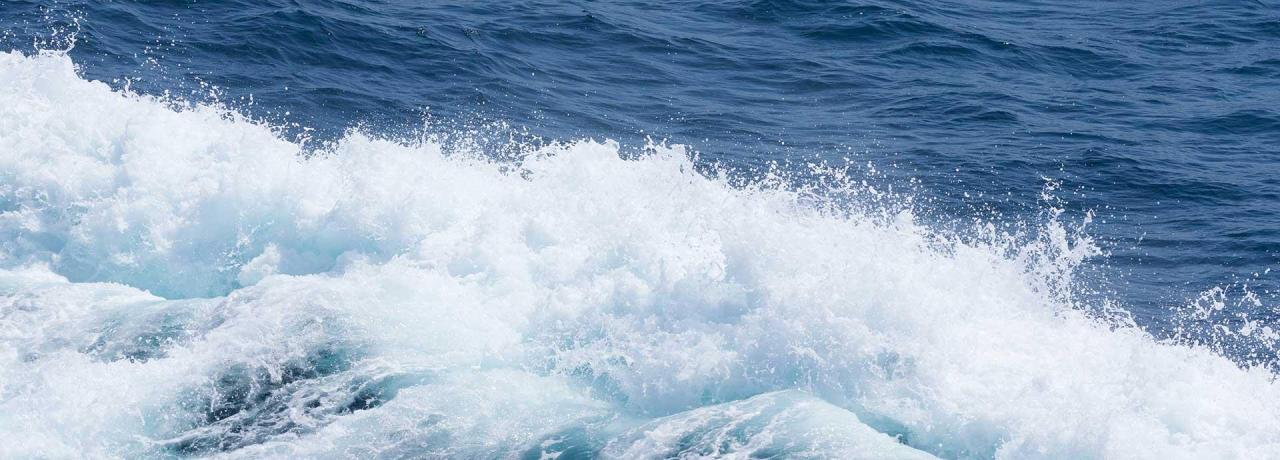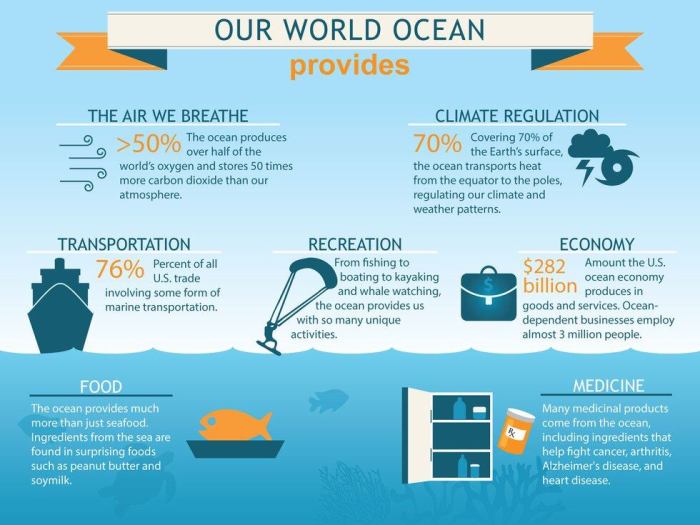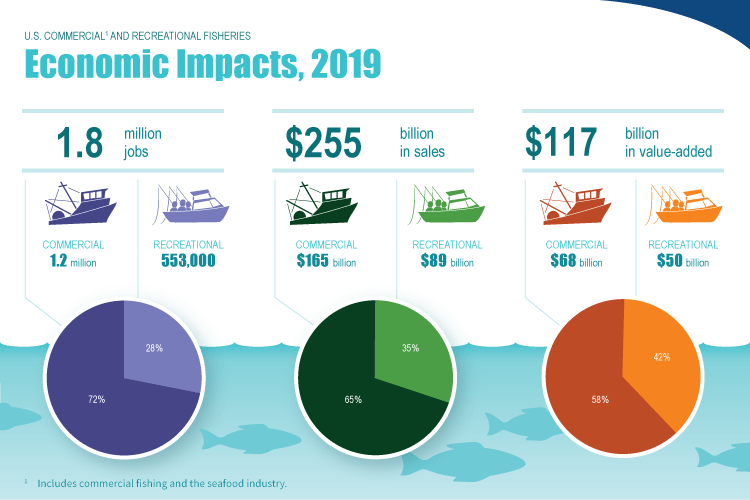Examples of economic services that oceans provide are ____. – With examples of economic services that oceans provide taking center stage, this exploration unveils a fascinating realm of opportunities and challenges. Oceans, the vast and enigmatic bodies of water that cover over 70% of the Earth’s surface, play a pivotal role in sustaining human societies and driving economic growth.
From providing sustenance and recreation to facilitating global trade and offering renewable energy sources, the economic services that oceans render are diverse and indispensable. Understanding these services is crucial for appreciating the immense value of oceans and implementing effective strategies for their conservation and sustainable use.
Types of Economic Services Provided by Oceans: Examples Of Economic Services That Oceans Provide Are ____.

Oceans provide a vast array of economic services that contribute significantly to human well-being and economic development. These services include:
Food and Nutrition
Oceans are a vital source of food for human populations, providing a wide variety of seafood, including fish, shellfish, and crustaceans. Seafood is a rich source of protein, omega-3 fatty acids, and other essential nutrients, making it an important component of a healthy diet.
Tourism and Recreation
Oceans are a major destination for tourism and recreational activities, such as swimming, boating, fishing, and diving. These activities generate significant economic revenue and support coastal communities around the world.
Transportation and Trade
Oceans facilitate global trade and transportation, with over 90% of world trade being carried by ships. Ocean transportation is essential for the movement of goods and services between countries and continents.
Energy and Resources, Examples of economic services that oceans provide are ____.
Oceans have the potential to provide renewable energy sources, such as offshore wind and wave energy. Additionally, oceans contain non-renewable resources, such as oil and gas, which are important for meeting global energy demands.
Biotechnology and Pharmaceuticals
Marine organisms and compounds have been used in the development of drugs and therapies for a wide range of diseases. The ocean is a promising source of novel compounds with potential applications in medicine and biotechnology.
Climate Regulation and Carbon Sequestration
Oceans play a crucial role in regulating global climate and absorbing carbon dioxide. The ocean absorbs approximately 30% of the carbon dioxide produced by human activities, helping to mitigate the effects of climate change.
Clarifying Questions
What are the major economic services provided by oceans?
Oceans provide a wide range of economic services, including food and nutrition, tourism and recreation, transportation and trade, energy and resources, biotechnology and pharmaceuticals, climate regulation, and carbon sequestration.
How do oceans contribute to food security?
Oceans are a vital source of food, providing over 15% of the world’s protein. Fish, shellfish, and other seafood are important sources of nutrients, including omega-3 fatty acids, vitamin D, and iodine.
What is the economic impact of ocean tourism?
Ocean tourism generates billions of dollars in revenue each year and supports millions of jobs worldwide. Activities such as swimming, boating, fishing, and diving contribute to local economies and promote sustainable development.

